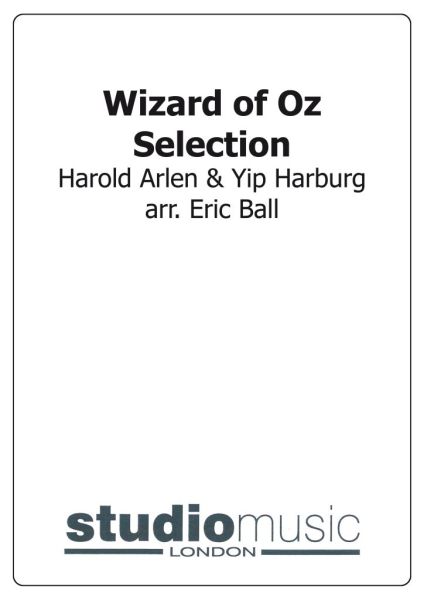We've found 451 matches for your search. Order by
Results
-
 £39.95
£39.95Wizard of Oz Selection
Includes: The Merry Old Land of Oz; We're Off to See the Wizard; The Jitterbug; If I Only Had a Brain; Ding, Dong! The Witch is Dead; Over the Rainbow.
Estimated dispatch 7-14 working days
